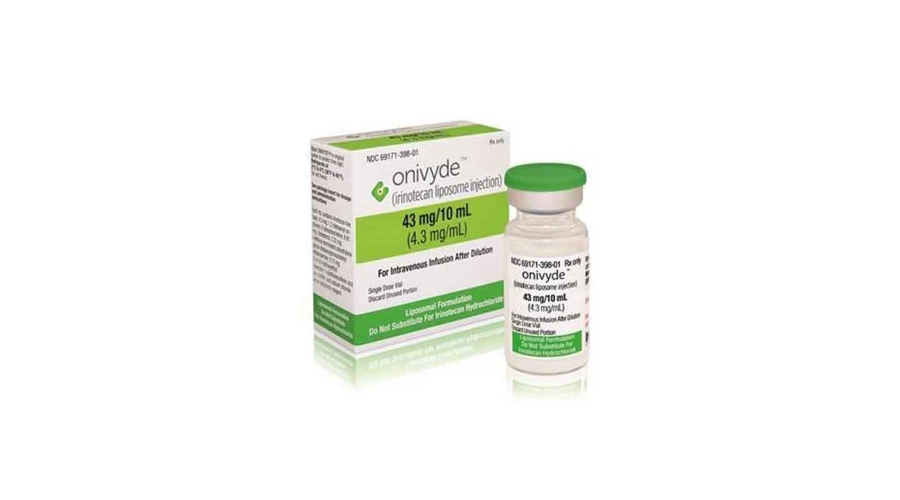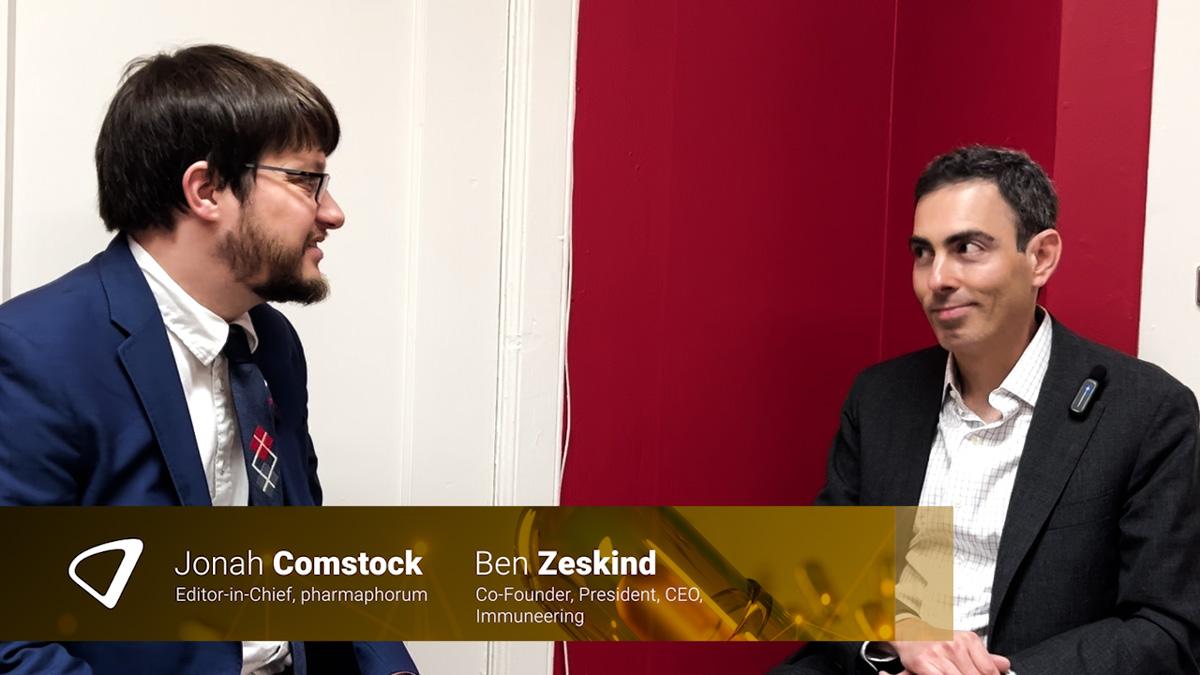Onivyde gets ‘practice-changing’ FDA OK in pancreatic cancer

Ipsen has won FDA approval for first-line use of its pancreatic cancer therapy Onivyde, saying it is now part of a potential new “standard-of-care” for patients.
Onivyde (pegylated liposomal irinotecan) given as part of the NALIRIFOX regimen alongside oxaliplatin, 5-fluorouracil (5-FU) and leucovorin can now be used to treat previously untreated metastatic pancreatic adenocarcinoma (mPDAC), according to the US regulator. It is the first new treatment for this patient group in more than a decade.
In the phase 3 NAPOLI-3 study, the Onivyde regimen showed an improvement in overall survival (OS) and progression-free survival (PFS) when compared to the standard first-line treatment regimen of Bristol-Myers Squibb’s Abraxane (nab-paclitaxel) plus gemcitabine.
There was a statistically significant improvement in OS of 11.1 months compared to 9.2 months with the control group after 16 months of follow-up, while PFS improved to 7.4 months from 5.6 months for Abraxane/gemcitabine.
Previously, was approved by the FDA as a second-line treatment in combination with 5-FU and leucovorin in in mPDAC patients after disease progression following gemcitabine-based therapy.
The NAPOLI-3 results marked the first time that any regimen had improved on Abraxane plus gemcitabine in this patient group. The approval provides a boost for Ipsen after Onivyde failed the phase 3 RESILIENT study in small cell lung cancer (SCLC).
PDAC is the most common type of cancer that forms in the pancreas, with more than 60,000 people diagnosed in the US each year and nearly 500,000 people globally, and is often detected at a late stage because it causes diverse symptoms and is difficult to diagnose. mPDAC has a poor prognosis with fewer than one in five patients surviving longer than one year.
“With each new approved treatment, there is more hope for those who will be diagnosed in the future and people currently living with pancreatic cancer may have more time with their loved ones,” commented Julie Fleshman, president and chief executive of the Pancreatic Cancer Action Network (PanCAN).
For Ipsen, moving Onivyde into the first-line setting unlocks a larger eligible patient population for the drug, which is one of its top cancer drugs with sales of €164 million ($176 million) last year. Servier is responsible for sales of the drug outside the US, and, as a privately-held drugmaker, does not break out sales figures for individual products.
In its fourth-quarter results statement, Ipsen said that Onivyde saw sustained growth in the US last year, but that was offset by lower sales to Servier as a result of revised manufacturing agreements.












